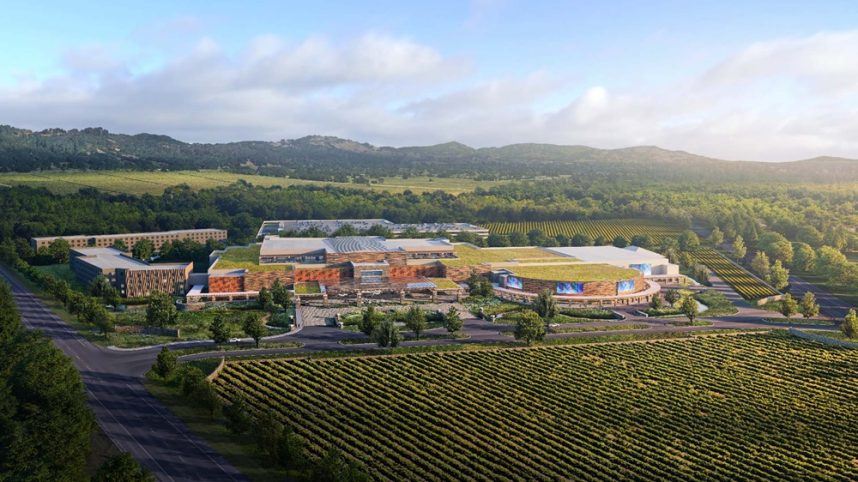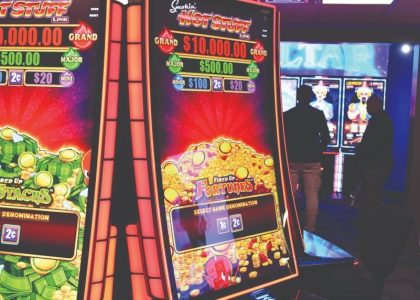- Judge rules DOI wrongly approved Koi Nation casino project
- Graton Rancheria, California challenge restored lands gaming exception
- Ruling forces federal agency to revisit approval process
A federal judge has struck down the US Department of the Interior’s (DOI) decision to grant land-into-trust status for the Koi Nation, thrusting the fate of its Sonoma County, Calif. casino project into legal limbo.

The Nation has long sought to build its $600 million Shiloh Casino near the town of Windsor in the heart of California’s wine country. Its ambitions are opposed by the Graton Rancheria tribe (FIGR), which operates the Graton Hotel & Casino in Rohnert Park, just 15 miles away from the proposed Koi Nation site.
Among other things, FIGR disputed the Koi Nation’s ancestral ties to the land and argued the DOI failed to do its due diligence when it looked into the tribe’s history.
FIGR Sues
In January 2025, the DOI agreed to place the Shiloh property into federal trust for the Koi Nation, a requirement that allows tribes to build casinos under federal law. At the same time, the DOI also approved gaming on the land, allowing the tribe to move forward with construction.
FIGR sued, arguing that the government had ignored its own cultural ties to the area and improperly fast-tracked the Koi Nation’s application. The State of California joined the lawsuit, saying the process sidestepped the governor’s role in reviewing new casinos.
Approved by Wrong Official
On Wednesday, Judge Rita F. Lin of the Northern District of California granted FIGR a partial victory by vacating the DOI’s decision to place the Shiloh Parcel into federal trust for the Koi Nation and remanded the case for further proceedings.
Lin sided with the challengers on several key points, including that final approval was issued by a Bureau of Indian Affairs (BIA) director who, according to the court, didn’t have the legal authority to make the call. Under federal law, only the Secretary of the Interior, a Senate-confirmed official, can make such decisions.
Weak Ties
Under the Indian Gaming Regulatory Act (IGRA), tribes must show a strong historical connection to land to qualify for gaming there. While the Koi Nation pointed to old census records, trade routes, and seasonal work in the area, the judge ruled that wasn’t enough to prove the Shiloh site was truly part of their ancestral homeland.
“…[E]ven assuming it could be reasonably inferred that Koi tribal members occasionally worked as seasonal farm laborers on the Shiloh Parcel, seasonal labor on the land is insufficient to establish the requisite significant historical connection to the land. Such a connection requires evidence that ‘the parcel was of historic, economic, and cultural significance’ to Koi,” Lin wrote.
In sum, the record does not support DOI’s conclusion that Koi established a significant historical connection to the Shiloh Parcel, such that IGRA authorized gaming on the land under the restored lands exception,” she concluded.
The court also found the DOI failed to meaningfully consult the FIGR about cultural and historical impacts, as required by preservation laws.
At the same time, Judge Lin rejected other complaints about environmental review, saying the government had adequately studied wildfire risks, traffic, and groundwater.
The order compels the DOI to reassess the land‑into‑trust decision, potentially reopen consultations, and reexamine whether IGRA’s restored‑lands exemption fits, a process that could take years – and it leaves the Koi Nation’s hopes for a casino resort suspended indefinitely.
The post Judge Blocks Koi Nation Casino Approval, Orders Federal Re-Do appeared first on Casino.org.




